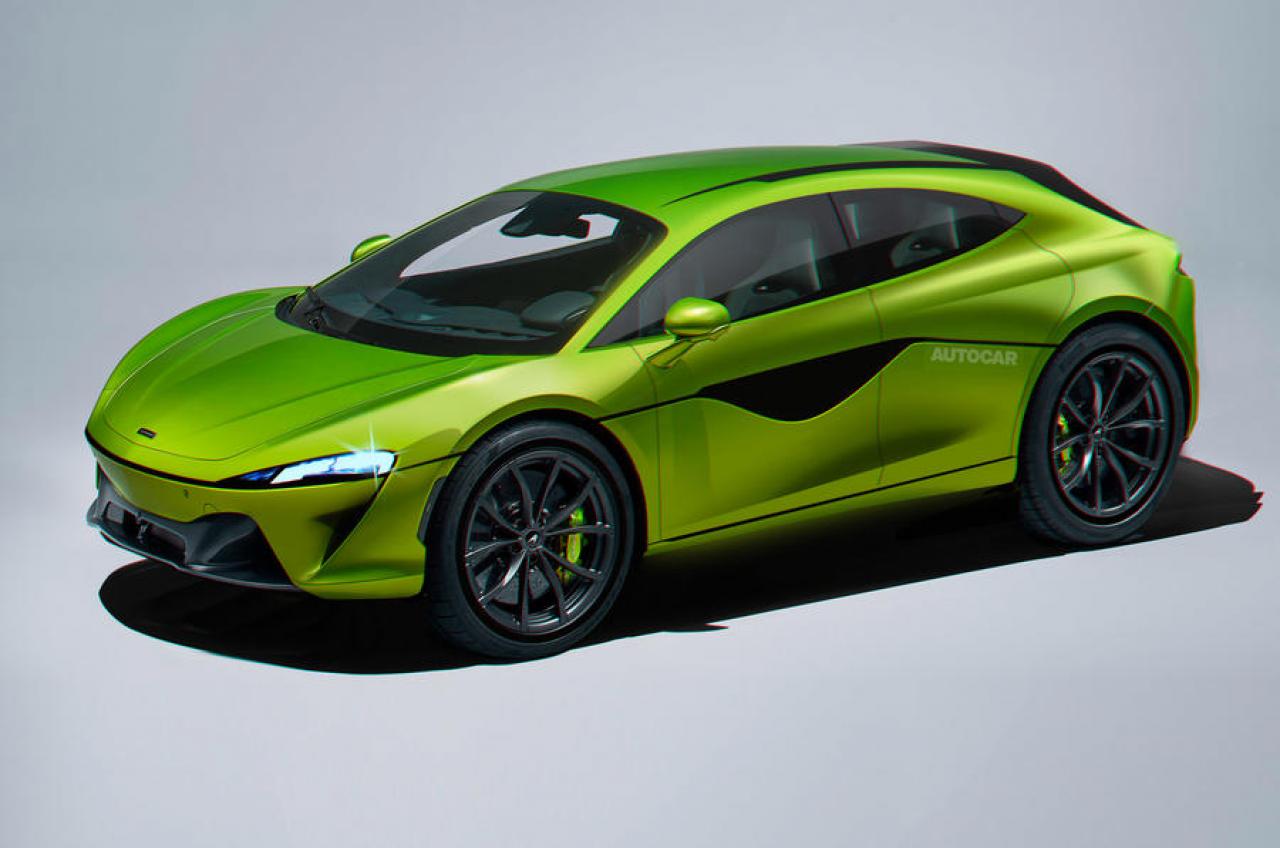According to certain reports, it is known that Mclaren is working on its fully electric McLaren. It will be a “car for family use” according to a recent interview with UK outlet Car, McLaren Automotive’s new CEO Michael Leiters. The brand is looking forward to expanding its portfolio into new areas as it aims to generate more revenue.

The CEO stated that, with today’s lithium-ion batteries, he wouldn’t want to make a fully electric supercar as it would weigh too much and wouldn’t handle as well as an ICE or hybrid McLaren. However, an electric SUV or “limousine” would be okay as handling would not be as important and you could make it extremely powerful. “I could [do it] but it’s not a convincing product because the weight is too high. [Impressive] longitudinal acceleration with battery cars is not a problem: you can have that in a limousine or an SUV with 1000kw [of power].”
Furthermore, Leiters added, “With an EV, it’s even more important to have a connected car, to have good control systems to use all the potential you have with electric motors.” Although Leiters never explicitly confirmed an SUV was in the works, it’s safe to assume that’s what he meant by “a car for family use”. After all, before joining McLaren Leiters worked for Ferrari – where his last project was the Purosangue. And before Ferrari, Leiters was a project manager at Porsche where he helped with the development of the Cayenne.
From a financial perspective, a ‘Super SUV’ makes a lot of sense for McLaren. Other supercar brands have had great success launching SUVs. For example, the Lamborghini Urus recently became the Italian brand’s best-selling model of all time with 20,000 units sold since 2018. That’s a remarkably impressive figure when you consider the Urus starts at over $230,000. Equally, almost half of all Aston Martins sold last year were DBXs. Given McLaren’s ongoing financial struggles, making an SUV would undoubtedly be a smart decision.
SUVs are the latest phenomenon in the global auto industry. Almost every automaker that has not manufactured SUVs or crossovers before or even vowed not to make one is jumping on the bandwagon to develop these boxy models. The reason behind this is the skyrocketing demand for SUVs and crossovers from consumers. Hence, the revenue generation model is in play for these automakers. Aston Martin too brought its DBX into the same segment. The British car marquee’s almost half of total sales last year were DBXs.












